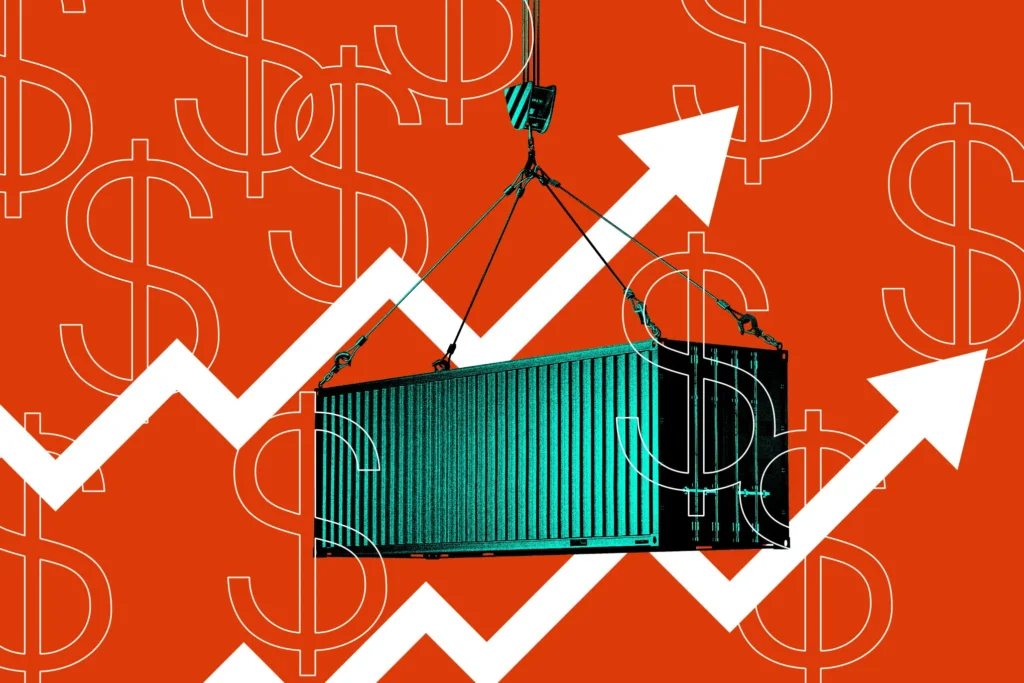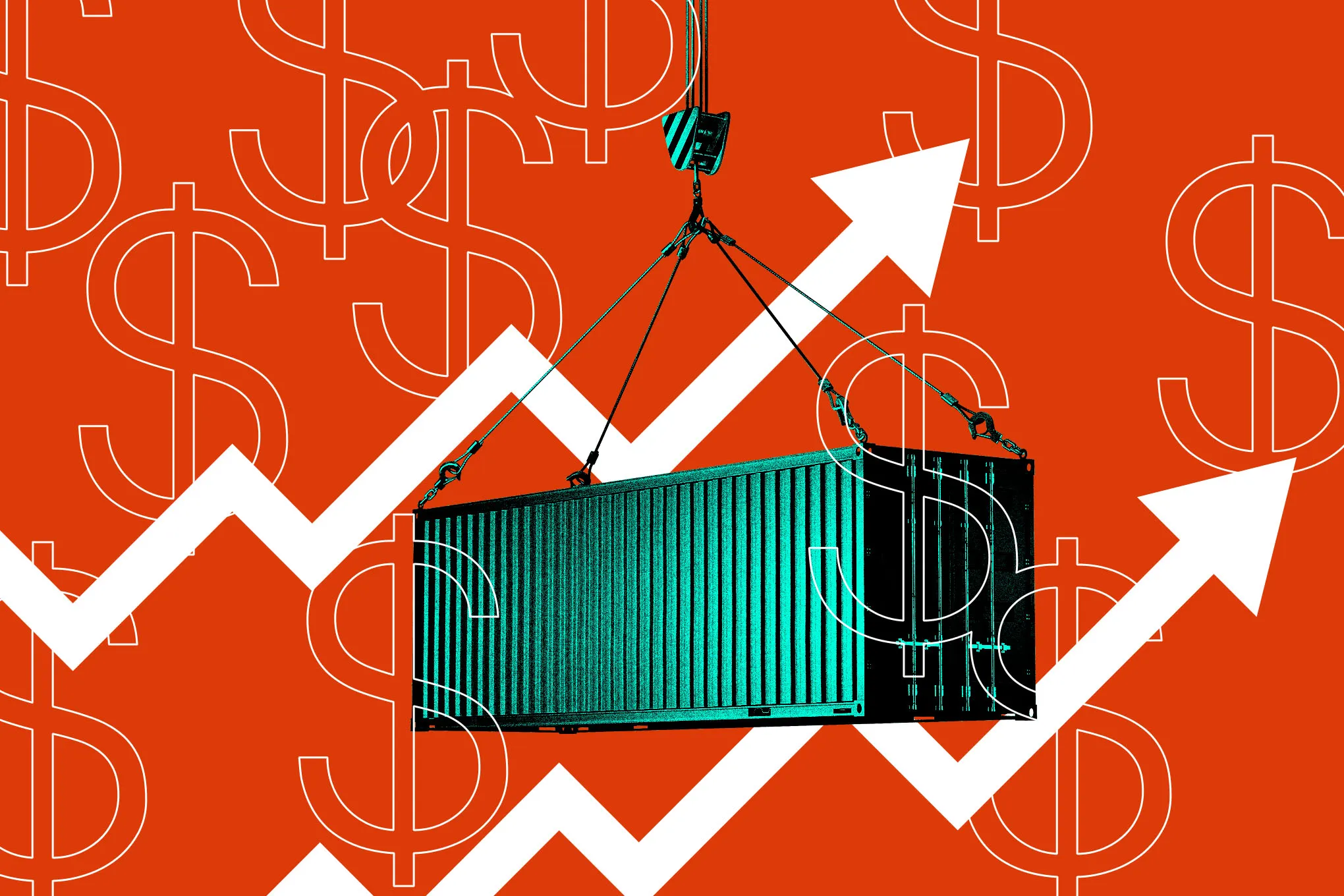
What is a Tariff?
- A tariff is essentially a tax imposed by a government on imported or exported goods. The purpose is to regulate trade, protect domestic industries, or raise revenue.
- Two main types:
- Import Tariffs: Taxes on goods entering a country.
- Export Tariffs: Taxes on goods leaving a country (less common).
How Do Tariffs Work?
- Example: If a country places a 25% tariff on imported steel, an international supplier must pay that percentage as a tax when selling to the local market. This makes imported steel more expensive, potentially driving businesses to buy from local suppliers.
Recent Tariff Events (2025)
- US-China Relations: Ongoing disputes between the U.S. and China have led to tariffs on Chinese tech products. Recently, the U.S. raised tariffs on certain microchips to counter perceived unfair subsidies by China.
- EU-UK Trade Post-Brexit: The UK and EU have seen new tariffs emerge on certain agricultural products as disputes over trade agreements continue.
- India’s Tariffs on Consumer Goods: India increased tariffs on electronics in its latest budget to promote domestic manufacturing under its “Make in India” initiative.
How Tariffs Affect You
- Price Increases: Consumers might pay more for imported goods.
- Jobs: Tariffs can protect domestic industries, potentially leading to job growth locally.
- Economic Ripples: High tariffs can lead to trade wars, where countries impose retaliatory tariffs, affecting global supply chains.

